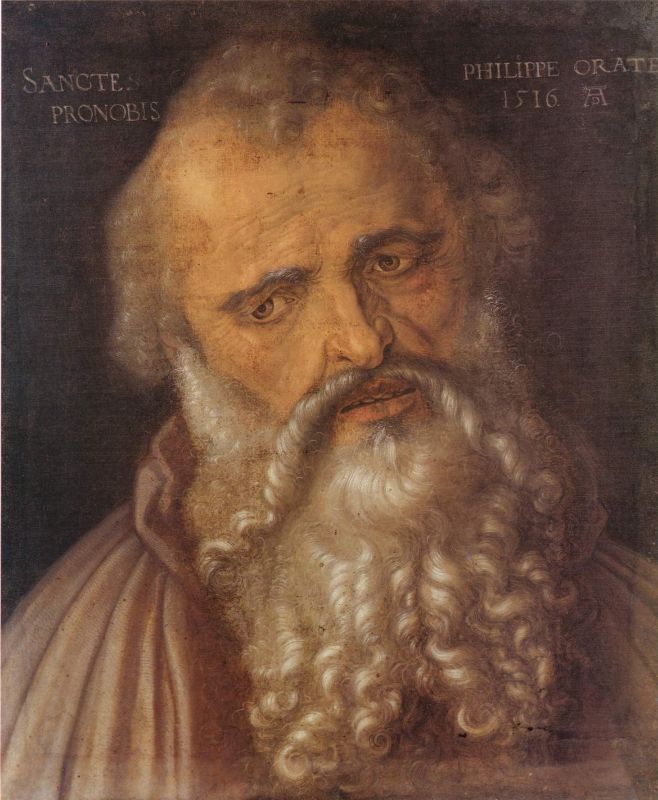The Church Persecuted and Scattered
Acts 8:1-8
On that day a great persecution broke out against the church in Jerusalem, and all except the apostles were scattered throughout Judea and Samaria. 2 Godly men buried Stephen and mourned deeply for him.3 But Saul began to destroy the church. Going from house to house, he dragged off both men and women and put them in prison.
4 Those who had been scattered preached the word wherever they went.5 Philip went down to a city in Samaria and proclaimed the Messiah there. 6 When the crowds heard Philip and saw the signs he performed, they all paid close attention to what he said. 7 For with shrieks, impure spirits came out of many, and many who were paralyzed or lame were healed. 8 So there was great joy in that city.
Observations and Reflections
The stoning of Stephen was the turning point for the church in Luke’s narrative. The Christian community that Luke had previous exulted is now being scattered throughout Israel. This scattering is the beginning of Luke’s geographical journey of the gospel, which starts from Jerusalem and is destined to reach all people. It is this geographical progression that correlates with Luke’s main characters as well, Peter and Paul.
Peter was the leader of the church in Jerusalem, which still contained the apostles. This small fact was noted by Luke (above) when he stated “all except the apostles were scattered”. However, Luke’s use of the word “all” is loose since we know that Philip traveled to Samaria and also to Gaza. Perhaps Luke intends to mean that he remained in Jerusalem as his home base, but had a traveling ministry. If Philip did dedicate himself to travel, it would coincide with extra-biblical texts such as the apocryphal writing from the Nag Hammadi library titled “Letter from Peter to Philip“.
The letter is believed to have been written in the late 2nd century CE or early 3rd century CE, which would make it’s composition date about 100-150 years after Philip’s death. A second copy of the letter was also discovered near Nag Hammadi, in El Minya, Egypt. The second letter was dated to about 300 CE. Both letters were written in Coptic but likely originated from Greek. It was discovered in the Tchacos Codex. In the Letter from Peter to Philip, Peter is requesting of Philip that he return to Jerusalem and rejoin the other apostles. According to the story, Jesus appears to the apostles at the Mount of Olives and delivers a gnostic discourse based on the apostles inquiries.
Then the apostles answered and said, “Lord, we would like to know the deficiency of the aeons and their pleroma.” And: “How are we detained in this dwelling place?” Further: “How did we come to this place?” And: “In what manner shall we depart?” Again: “How do we have the authority of boldness?” And: “Why do the powers fight against us?” (Letter from Peter to Philip)
Naturally, this late gnostic text was deemed heretical by the church and certainly should not be read in the same light as the canonical texts that make up the Christian scriptures. However, if Philip were not living a missionary life there would be no need for this letter (true or fake) to even exist. Thus, while it’s not appropriate to use for theological reasons, I believe it’s wholly acceptable to use for evidence of Philip’s missionary life style.
Philip’s journeys aside, the reader of Acts should note that wherever the gospel is spread, miracles follow. As with Luke’s account of the church still in Jerusalem, there is supernatural proof that the gospel in present. All along the gospel’s path from Jerusalem to the ends of the earth, God’s servants are empowered. First with Peter, then Philip, and soon Paul and others.
